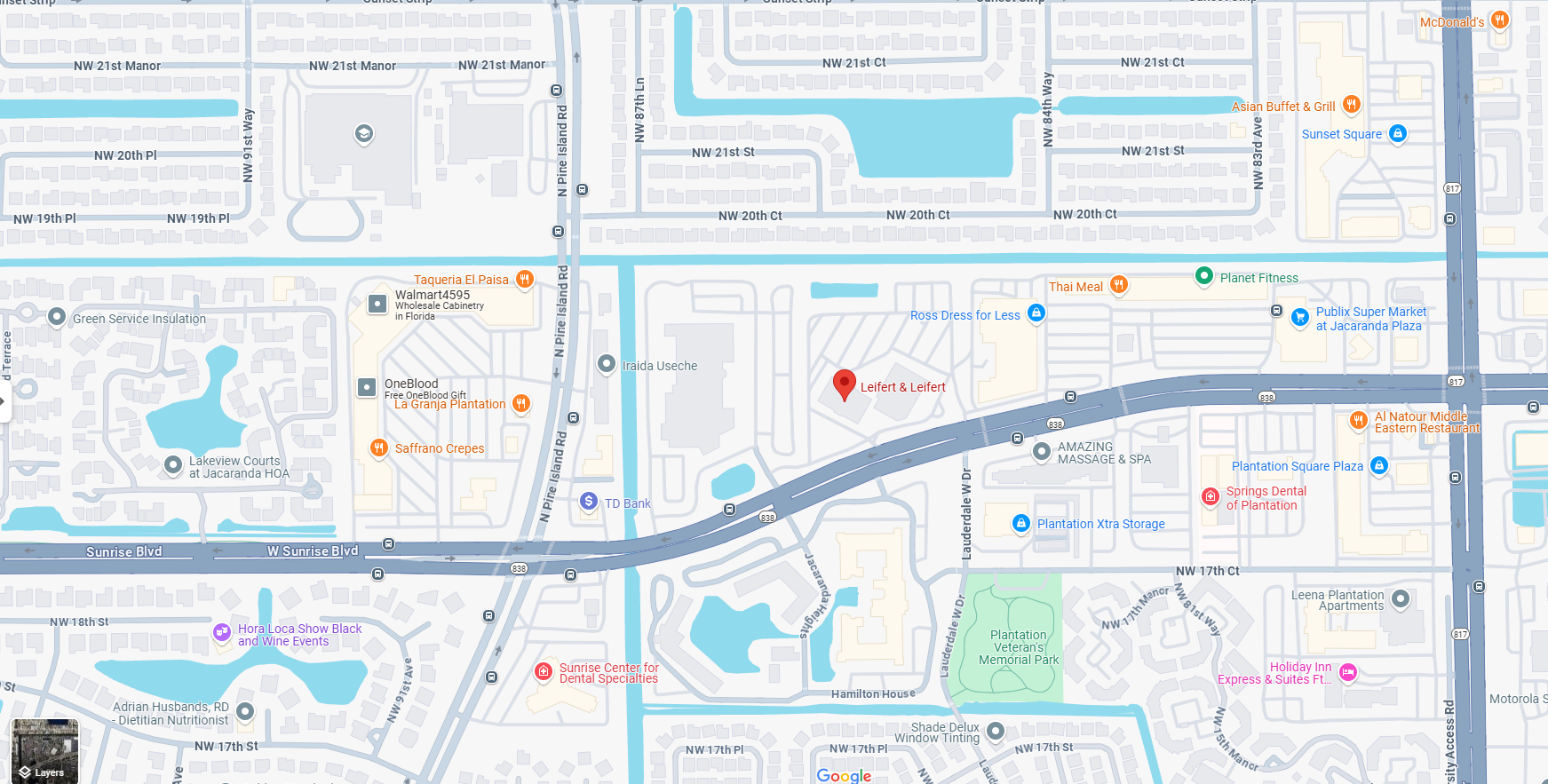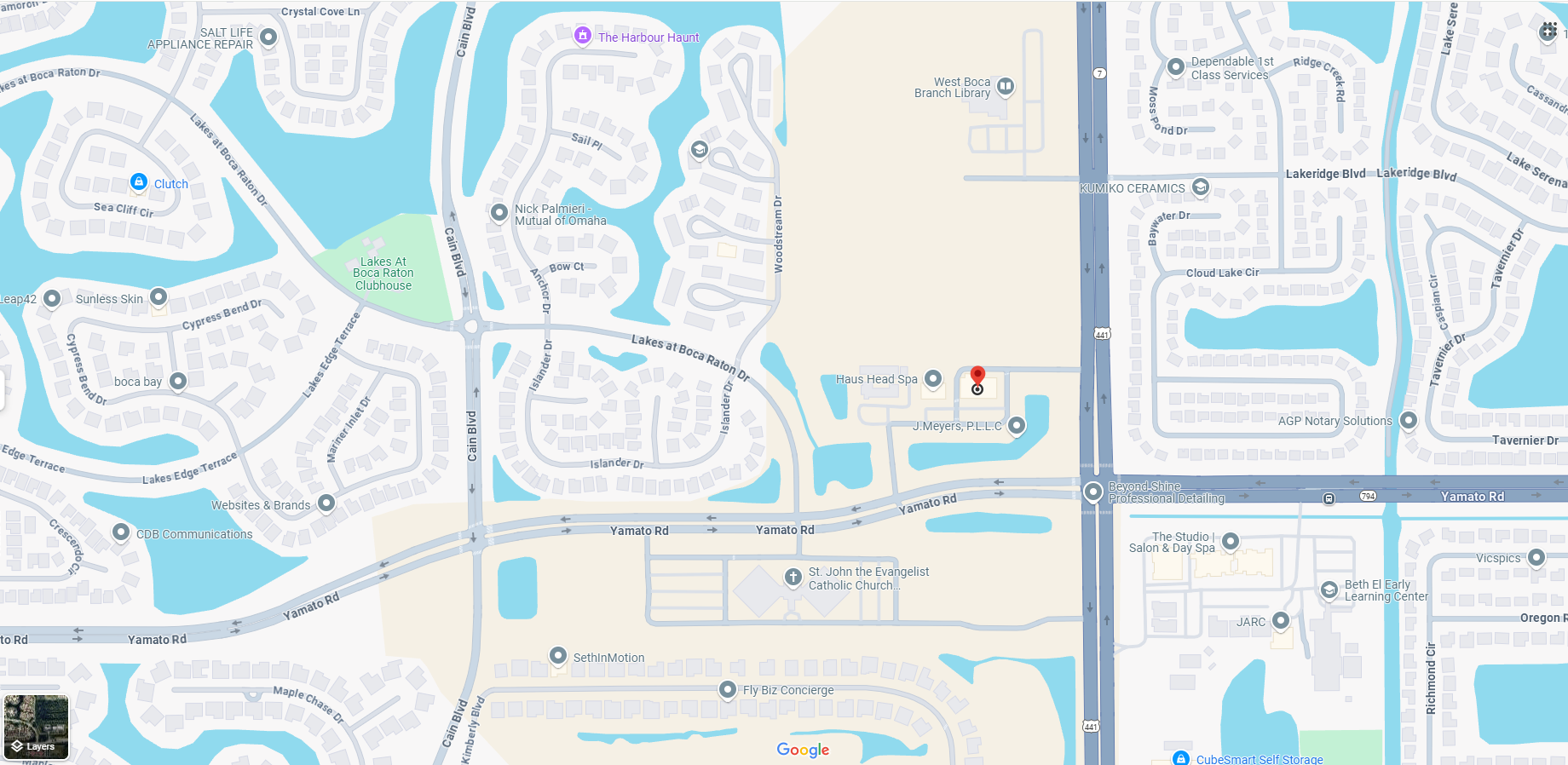Criminal violations of Florida’s traffic laws are much more severe than simple driving infractions or traffic tickets, and can qualify as misdemeanor or felony offenses. Potential punishments include incarceration and significant fines, as well as a criminal record and the loss of driving privileges. That is why it may be crucial for anyone facing traffic charges to speak with a knowledgeable criminal attorney. Contact a Wellington traffic lawyer right away.
What are the Common Traffic Violations?
The primary difference between misdemeanor and felony traffic charges is in potential consequences. Misdemeanors can result in up to one year in county jail, while felonies carry state prison sentences of longer durations. As a Wellington traffic lawyer knows, the Court may also impose fines, and the law requires even weightier punishments for habitual traffic offenders.
The most serious offense is causing a death in a traffic collision, called vehicular manslaughter or homicide. Even though the cause of the collision was a traffic infraction such as failing to yield the right-of-way, the death that ensued is a felony criminal offense in cases of extreme negligence. Without extreme negligence, there is still a serious traffic offense which can result in a large fine and a lengthy loss or suspension of driving privileges.
Understanding DUI Offenses
Driving under the influence of alcohol and drugs is a misdemeanor, and it becomes an enhanced first-degree misdemeanor if injury or property damage occurs as a result, or a third-degree felony if the defendant has three or four prior convictions.
Hit-and-runs or leaving the scene of an accident with serious injuries or death are felonies that violate Wellington and Florida law. Drivers involved in an accident cannot leave the scene of an accident, with or without injuries until they speak with the other drivers involved and the police and exchange information. They also must attempt to render aid to any injured persons, even if that is just a call to 911.
Other common criminal traffic offenses include driving recklessly, attempting to evade law enforcement, street racing, driving with a suspended license, or knowingly driving without a valid license.
What is the Traffic Case Process?
Politely declining to answer questions unless a Wellington traffic lawyer is present may be an important step towards protecting individual rights against self-incrimination and reduces the chance of providing the State with evidence.
A criminal charge requires law enforcement officers to arrest the violator and go through the booking process. An initial appearance and later an arraignment in Court officially notifies the person of the charges and sets bail. The Court then holds pretrial conference between both sides and schedules Court dates. Failing to appear for any of these steps adds to the criminal charges.
Defending Against Criminal Traffic Charges
The Prosecution must share all evidence with the defense. The defense attorney’s job is to re-evaluate the State’s evidence in the light mot favorable to the Client, and challenge it for accuracy and admissibility in Court. Sometimes investigators contaminate evidence or lose it. Other times the evidence is insufficient to meet the law’s requirement that a jury must be convinced of guilt beyond a reasonable doubt. The defense also can conduct an independent investigation to develop evidence that is favorable to them, challenge statements of witnesses, and bring its own witnesses.
In most cases, the Prosecution offers the Defendant a compromise, called a plea bargain. The State will reduce the charge to a lesser one in return for a guilty plea and spare the State the expense of a trial. The defense attorney can make a counteroffer to negotiate a more satisfactory agreement, but the final decision always rests with the person facing the charges after they have been fully advised by a Wellington traffic lawyer. Considering the severity of the penalties, it is generally advisable to obtain legal representation as soon as possible after a traffic charge.







